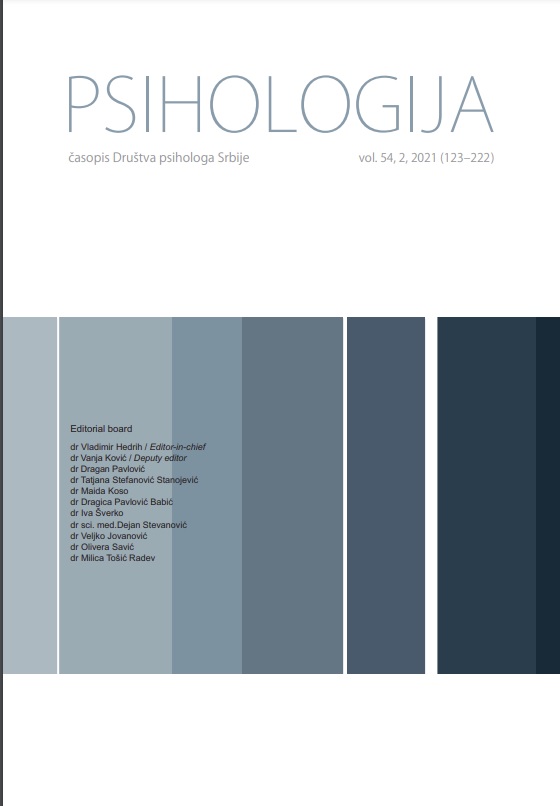Predicting factors of driving abilities after acquired brain injury through combined neuropsychological and mediatester driving assessment
Predicting factors of driving abilities after acquired brain injury through combined neuropsychological and mediatester driving assessment
Author(s): Urša Čižman Štaba, Tara Klun, Karmen Resnik RobidaSubject(s): Individual Psychology, Cognitive Psychology, Neuropsychology, Organizational Psychology
Published by: Društvo psihologa Srbije
Keywords: neuropsychology;neurorehabilitation;driving;assessment;brain;
Summary/Abstract: The objective of the study was to evaluate predictor variables stemming from different assessment approaches (medical documentation, neuropsychological assessment, and Mediatester driving assessment) on patient's ability to drive (passing the practical driving test with a qualified instructor) following a TBI (traumatic brain injury) or a stroke. The study included 63 participants (54 males), aged 20 to 80 years (M = 44.4; SD = 16.7). Majority of participants suffered a TBI and 18 participants were included after an ischemic stroke. Patients who passed a driving test had significantly higher composite index on Comprehensive Trail-Making Test (medium or large effect size) compared to those who did not pass a driving test, or those who passed the driving test with limitations. The results on the 18-light reaction test (18 LRT) suggest that the reaction time could also play a role in predicting the ability to drive. The model with these two predictors, along with Glasgow Coma Scale, successfully classified 90 % of participants in two respectful groups; passed vs. did not pass a driving test/passed the driving test with limitations. The results suggest that neuropsychological and driving assessments that measure a range of cognitive abilities are better predictors of regaining the ability to drive after a TBI or stroke than separate cognitive abilities.
Journal: Psihologija
- Issue Year: 54/2021
- Issue No: 2
- Page Range: 137-154
- Page Count: 18
- Language: English

